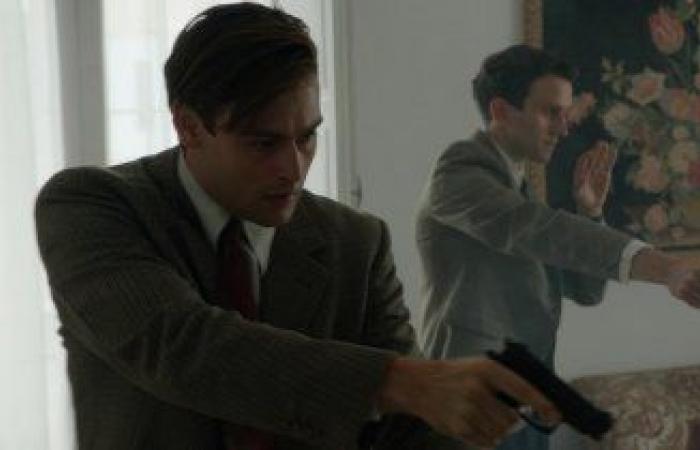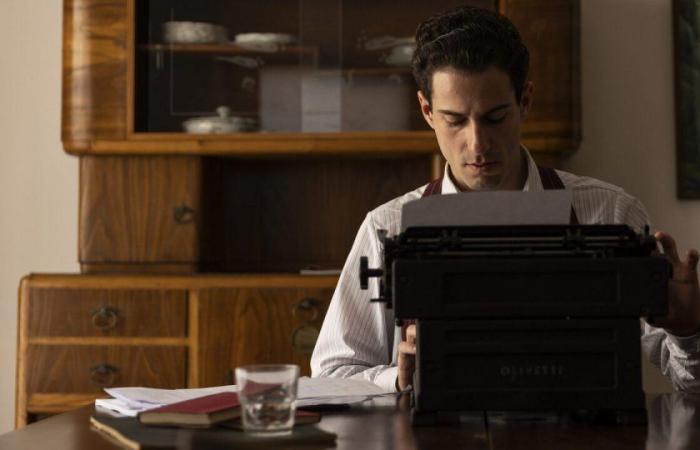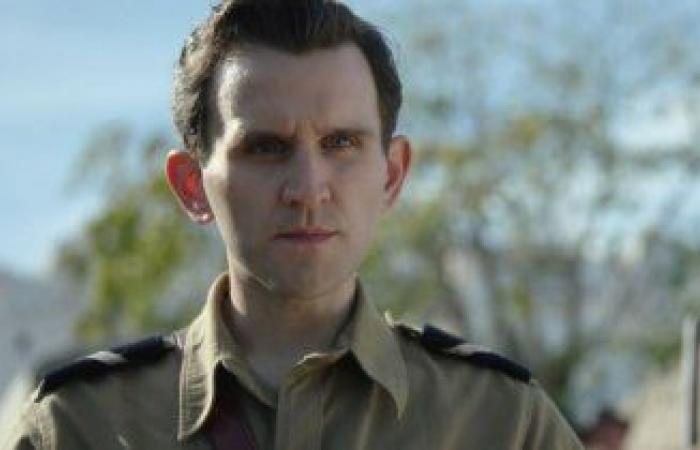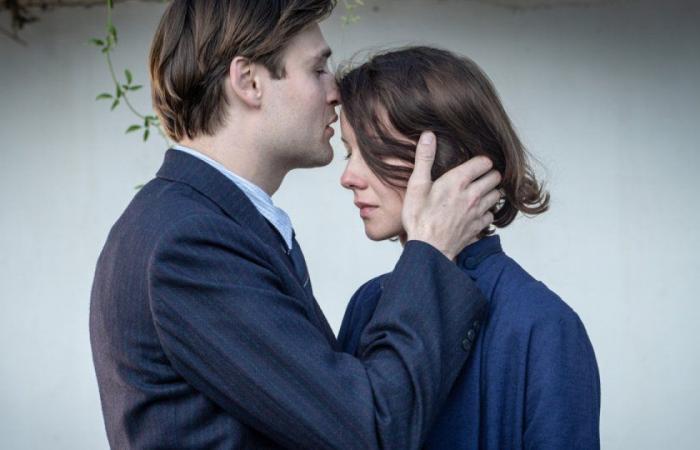It’s interesting how the thriller often turns out to be one of the best “glue genres” to be able to talk about great historical events. A tone that in fact has the ability to tell stories through different formats (archive images and fiction), bind to other nuances such as love story or the coming of age and tell stories that can happen metaphor of logics and themes far more relevant than the events narrated.
In this case Shoshana uses the political thriller to bring to the stage an unprecedented cross-section of the difficult history of Palestine, from the early 1900s to the proclamation of the State of Israel at the end of the Second World War. The film of Michael Winterbottom has a great deal of research and documentation behind it (started in 2007) and is inspired by the true story of the daughter (which gives the film its title) of Ber Borochov, one of the most important theorists of socialist Zionism, and then goes on to talk about of a difficult coexistence that is dramatically destroying a part of the world.
The result is an eclectic, exciting and capable film think about the contemporary reducing the complexity of History, without debasing it, on the contrary, managing to place the magnifying glass in the most representative areas. A work of demonstration: in any story we can find human nature, and in the same way in a conflict there can be the past and the present.
Shoshana, the plot: the journalist and the policeman

Shoshana Borochov (Irina Starshenbaum) is a convinced Zionist and in love with her father’s dream of rebuilding a homeland for her people, in peace and sharing with the Arab component. She and her family arrived in Tel Aviv from Ukraine shortly after the end of the First World War together with thousands of other people (in the 1930s, more or less, half a million exiles arrived). What they found was a wonderful country, but fromsplit soul and apparently without any prospect of a future union.
At the time, with enormous difficulty, the reins were held by the British (the occupying force of the country until the arrival of the Americans after the Second World War and the subsequent establishment of the State of Israel), who for their part tried to mediate between the two increasingly aggressive parties, turning a blind eye every now and then so as not to alter too much the balance worthy of a powder magazine about to explode.

In this context Shoshana grew up and became an assault journalist, a convinced idealist and a member of the Haganah, a clandestine paramilitary formation. In short, perfect premises for a person who falls in love with a member of the anti-terrorism section of the English police, a certain Thomas Wilkin (Douglas Booth), also involved in the investigation to stop the Irgun, another secret group (much more aggressive) led by Avraham Stern (Aury Alby), a Zionist poet. Joining him in the undertaking is Geoffrey Morton (Harry Melling), a repression specialist transferred to Tel Aviv from higher ups precisely to put an end to the violence. At any cost. Perfect recipe for aescalation which will change the history of the country forever.
A work of allegories

The origin of the film is purely historicalso much so that Shoshana begins with a series of images taken from newsreels of the time to narrate the History of Palestine and reconstruct years and years of tensions between Jews and Arabs and, at the same time, tell the story of the darkest period of English colonialism in the area. The voice-over that accompanies the vision, however, is that of the protagonist and the faces of the actors slowly appear in the images, creating the first shade of a film that lives precisely on nuances.
The story told alternates points of view, in this way Michael Winterbottom and the two co-writers, Laurence Coriat and Paul Viragh, create a frame dynamic and engaging (even if not always calibrated to the millimeter) raising the semantic power of the film’s register. However, the focus always remains that of warunderstood not only as an armed conflict, but also as a division of the soul of a country worn out by many different positions, even within the same population. Well thought out allegory that connects to the present and has its perfect metaphor in love story between the protagonists, impossible precisely because between two people with irreconcilable political positions.

The continuation of the investigation reflects the historical events in the background in order to create a file rouge explanatory of how violence can only lead to violence, even corrupting those who have always tried to fight it. For this reason, Shoshanna’s face changes as the playing time progresses, becoming mirror of the story of a people destined to never find peace.
Conclusions
In Shoshana’s review we told you about the film with which Michael Winterbottom looks at the history of the Israeli-Palestinian conflict through a political thriller open to mixing with other genres and designed to accommodate different registers. A film not always set to perfection, but dynamic, engaging and successful in its work through allegories, also managing to reflect on the present.
Because we like it
- The use of the political thriller.
- The story told is new and interesting.
- The ability to speak in allegories and metaphors.
What’s wrong
- The constant changes of pace make the film dynamic, but more elusive.
- The acting performances are not perfectly up to par.










